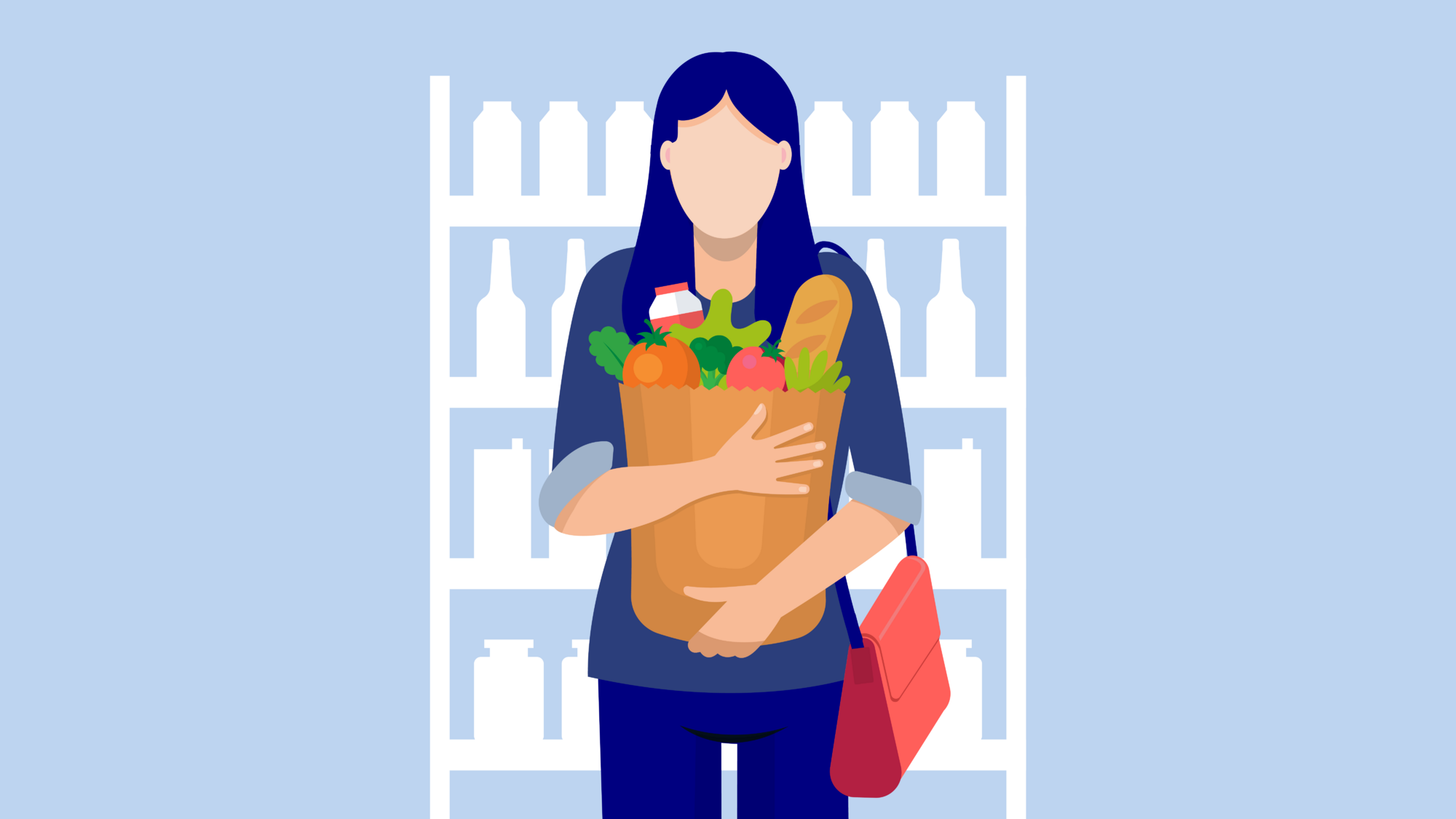Why Climate Action Matters for All of Us
Climate shifts are nothing new. Fifty million years ago, the Earth was about five degrees warmer, and palm trees grew in Alaska. Fifty thousand years ago, it was five degrees cooler, ideal for mammoths. The difference today? This warming is man-made.
Since the Industrial Revolution, greenhouse gas emissions—mainly CO₂—have soared, driving a relentless rise in global temperatures. The culprits: fossil fuel combustion and deforestation. What once fueled prosperity now threatens ecosystems worldwide. Scientists warn of critical “tipping points”—moments when change becomes irreversible, triggering a chain reaction much like falling dominoes.
So the question isn’t whether to act, but how much and how fast. And yes, every single action counts—political and personal alike.
Changing Habits, Not Just Making Promises
If you’ve ever tried to stick to a New Year’s resolution, you know: lasting change doesn’t come from quick fixes. It’s about routines. Behavioral science shows how strongly habits shape our lives—and how they can be changed. Four elements matter: context, friction, reward, and repetition.
Sound abstract? Imagine this: You want to start running in the mornings. You place your running shoes by the bed (context), set your alarm across the room (friction), reward yourself with your favorite coffee afterward (reward), and keep it up for three months (repetition) until it becomes second nature.
The same applies to climate-friendly habits. And often, the shift begins with small, everyday decisions.
Eating for the Planet—and Yourself
Our diets have a major impact on the climate: in Germany, about 15% of per capita emissions come from food. The key? Eat regional, seasonal, and mostly plant-based.
Why does it work? The longer food is stored or transported, the larger its carbon footprint. And animal products—meat, cheese, butter—fare far worse than legumes, vegetables, and grains. Moving toward a plant-forward diet is one of the most effective ways to cut emissions—and boost your health.
But beware of assumptions: avocados flown in from overseas or tomatoes grown in heated greenhouses aren’t automatically sustainable. True climate-friendly eating looks at origin and season.
Mobility: Rethink How You Travel
Flying represents freedom for many—but it’s also the most climate-damaging way to travel. A round-trip flight from Frankfurt to Mallorca produces as much CO₂ as driving 4,000 kilometers by car. Business trips and vacation flights may be tempting, but every kilometer avoided matters.
Alternatives exist: trains for European travel, video calls instead of flights. And if flying is unavoidable, offsetting through credible climate programs is an option.
Cars deserve scrutiny, too. Around 20% of Germany’s emissions come from transport. Those who switch to public transit, cycling, or car-sharing not only cut emissions—they save money and stress.
Consumption: Less Can Be More
Nearly 40% of our personal carbon footprint comes from what we consume—clothes, gadgets, even streaming. The upside: consuming less often means feeling better. Research suggests that living with intention and reducing unnecessary purchases can boost mental well-being.
Change isn’t always easy, but small steps help: wear clothes longer, repair instead of replace, and avoid the rebound effect—consuming more just because something is more efficient.
Health Benefits Included
Here’s the surprise: living climate-friendly doesn’t just protect the planet—it protects you. A plant-based diet lowers the risk of heart disease. More active transportation means less diabetes and obesity. And less consumer stress translates into better mental health.

In short, sustainable living is an investment in your own well-being—starting today.
Conclusion: Every Step Counts
There’s no such thing as perfect sustainability. But every step is a step forward—for the planet and for ourselves. Start where it feels easiest. Small changes add up. And your choices matter more than you think.
The contents of this article reflect the current scientific status at the time of publication and were written to the best of our knowledge. Nevertheless, the article does not replace medical advice and diagnosis. If you have any questions, consult your general practitioner.
Originally published on







